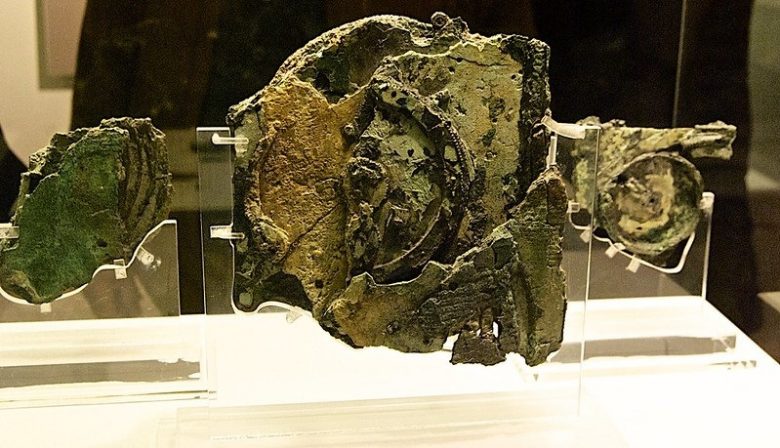The computer is a machine people love to hate or love to love, depending on how you view it. This is a noisy, expensive, complex, and a usually impractical contraption that has a tendency to crash and pin you in a corner when you need it the most. But despite this, it is a very useful invention.
With this, have you ever wondered what was the first known computer ever looked like or came to be?
The “First” Computers
The First Known Computer is an interesting subject, and there is lots of information on the web. Finding the “first” of the various inventions that were inspired our computers today is a little bit complicated. Well, devices made from ancient times were made, used, and have functionalities similar to what we intend of using a computer. Some of the first computers were said to be the following:
- The first known computer was not the one many thinks of today. It was a mechanical device used to calculate the positions of the stars, invented by the ancient Greek astronomer, Meton, around the year 432 BCE, who was one of the first people to use a mechanical device to predict celestial events. His device was later improved by the ancient Greek mathematician Diophantus, who invented a formula for calculating the positions of the stars. These devices, however, did not store data in memory or “store” the program. They instead calculated the positions of the stars and were used for the prediction of the future.
- The first known computer was the Antikythera mechanism, a physical device built by the Greeks about 100 B.C.E. It was buried in a shipwreck and was discovered in 1900 by sponge divers of an archaeological expedition. The mechanism was built of bronze, brass, and wood and had an intricate system of gears and dials that measured the positions of the Sun, Moon, and planets. The mechanism was a tool, a toy, and a primitive calculator at once, but there is no way of knowing what purpose it served.
- The invention of the abacus, a tool that could be used for both calculations and counting, helped the Romans invent the concept of zero and helped them develop a system of weights and measures. The abacus was also the first known computer.
The earliest examples of computing devices that could be called computers date back to the late 19th century, and some of them are astonishingly primitive. However, there is no definitive proof that any of these early devices were the first to be called computers; that “honor” probably goes to Charles Babbage, an English mathematician and computer developer, who designed a series of mechanical devices called the Analytical Engine.
The Term and the First “Computer”
The term “Computer” as we know it today was invented by Charles Babbage. Babbage had a passion for invention and was interested in the world of computing, even building the different engines in the early 1800s, which was the early mechanical computer. He was the first to design and build one of the first-ever computers. The difference between computers and calculator is that computers are programmable while calculators only operate by logic and are not programmed.
The Analytical Engine was the first known computer, designed by Charles Babbage during the early 19th century. This was an early attempt to build an electronic computer. The name refers to the machine’s basic logic operations, such as addition, subtraction, and multiplication, performed by mechanical components. The Analytical Engine was designed and built by Charles Babbage in the 1840s and was only operational for a very short period as it was never completed. But it was the first known computer, and it was certainly the most famous one.
The Very First Substantial Computer
The first known substantial computer was the Electronic Numerical Integrator and Computer (ENIAC), a giant machine that set the stage for all future computers. It was invented during the 1940s by a team of scientists at the University of Pennsylvania. The ENIAC was created for the U.S. Army’s Ballistics Research Laboratory to solve the initial problems for calculating the trajectory of artillery shells. The ENIAC filled the vacuum left when Harvard Mark I was destroyed by fire. Prior to the ENIAC, the scientific world had never seen a computer of this size.
It is widely believed that the first computer was invented in ancient Greece (where it is known as the Antikythera mechanism). Still, without physical proof, it is impossible to say for sure whether this is true. Computer history that deals with the question of who invented the first computer is called the technical contest, and it is a hotly contested field.



